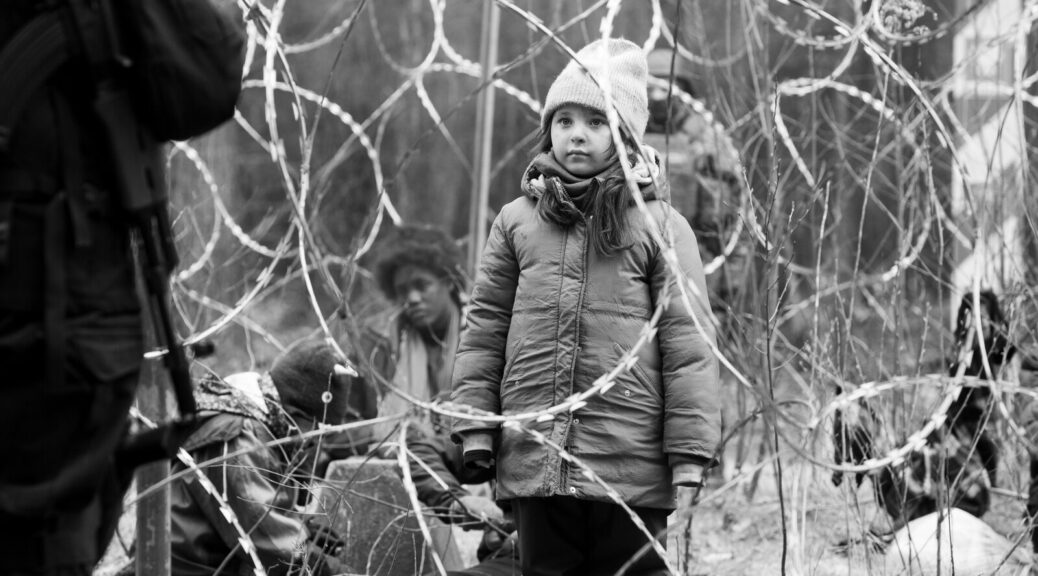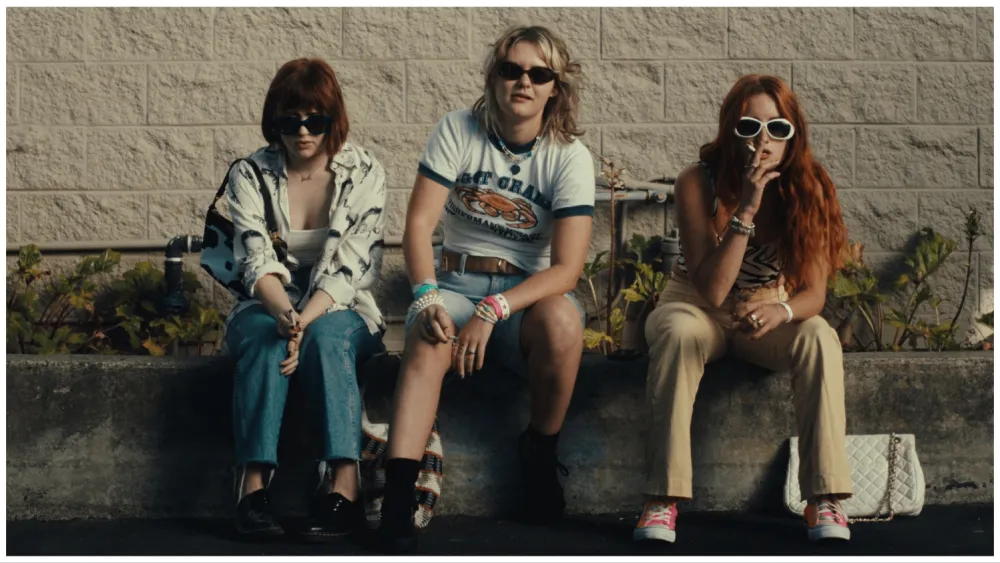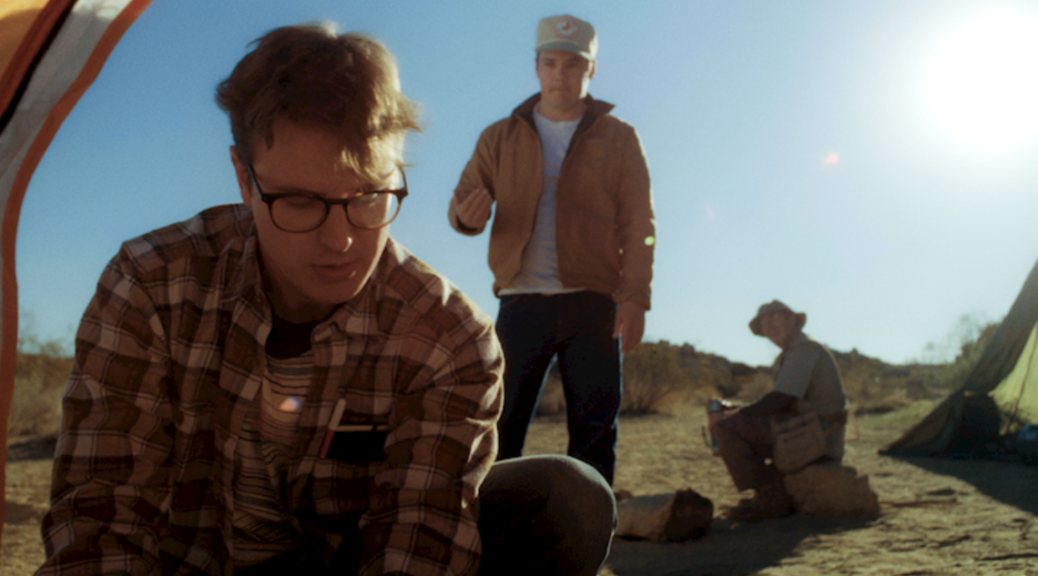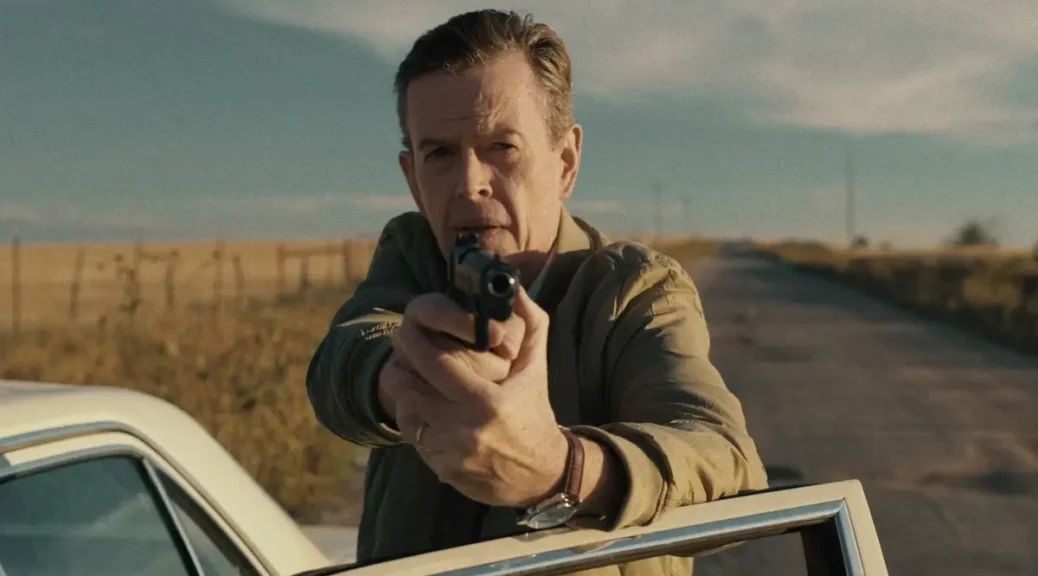Cottontail
by Christie Robb
A spare, competent take on the isolating toll of caregiving and grief from first-time feature writer/director Patrick Dickinson, Cottontail explores the beauty in human connection and the ability to find that connection though emotional vulnerability and honesty.
When Japanese widower Kenzaburo (Lily Franky, Shoplifters) receives a last request from his late wife, he embarks on a journey to Lake Windemere in England’s Lake District. He’s been drained by trying to care for Akiko (Tae Kimura, House of Ninjas) alone as she struggled with dementia, attempting to shield his adult son, Toshi, from the more unpleasant (and literally shitty) parts of this work. This only drove the two men apart.
But it’s clear that their estrangement started years earlier. Akiko was the glue that held the family together. Kenzaburo was too focused on his own work to let Toshi into his life. And now, he wants to take this last journey alone, as if he is the only one who lost someone.
Weaving together the main narrative with key flashbacks, Kenzaburo wanders lost—metaphorically, in his own grief and shame, and literally, as he attempts to find Lake Windemere on foot, having gotten on the wrong train.
There’s a brief interlude where Kenzabro asks for help at an English cottage door and finds fellowship with another widower (an underutilized Ciarán Hinds), but otherwise the film keeps its focus on the main family and the drama that pulls them together even as they drift apart.
Simple and straightforward, like the beautifully prepared plate of sushi that appears in the first act of the film, Cottontail lets Franky carry the movie with the strength and confidence of an emotionally nuanced performer.
Is the film predictable? Yes. But so, sadly, is loss and grief and the struggle to stay emotionally available when adulthood means growing old and falling apart.













